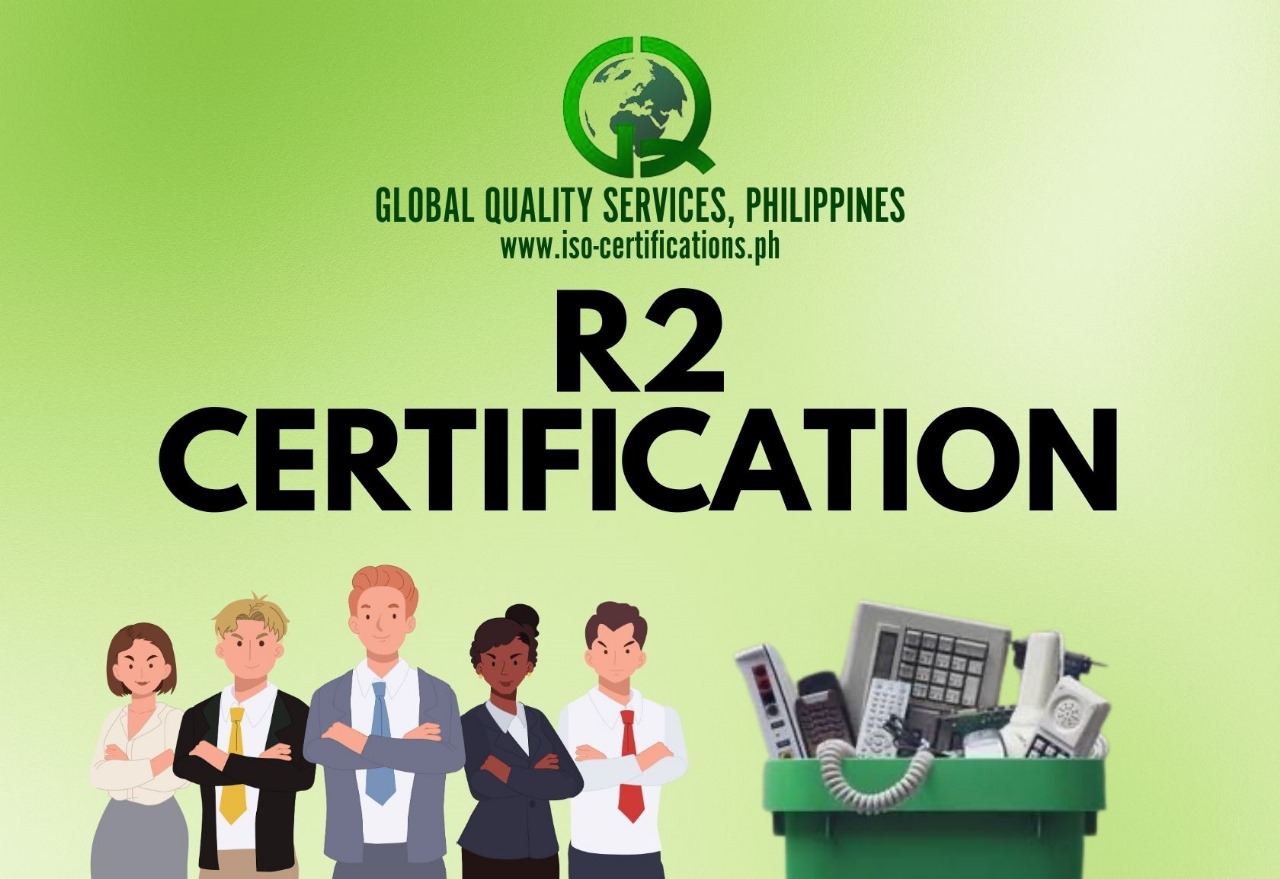R2 certification is one of the most important certificates that you must obtain to maintain trust with your clients. For businesses dealing with recycling and IT asset disposition, getting the certification portrays their dedication towards the business and the environment as well. It assures clients that your operations follow responsible recycling. Your business gets an image of a brand that handles data security as a priority, and follows environmental best practices. But when businesses in the Philippines consider pursuing R2 certification, one of the first questions that arises is: What is the cost of R2 certification in Philippines?

What factors determine the cost of R2 certification?
The cost of R2 certification depends on several factors unique to each organization. Let’s look at the key elements that influence the investment.
1. Size of the Organization
The scale of your operations directly impacts certification expenses. Larger facilities with multiple processes, departments, or locations usually require more extensive audits, which means higher costs. Smaller businesses with limited scope may find the process less resource-intensive.
2. Scope of Services Offered
Not all recycling companies handle the same types of activities. Some focus only on refurbishing, while others manage end-to-end processes, collection, dismantling, shredding, resale, and final disposal. The broader your scope of services, the more complex your documentation, procedures, and audits become, which in turn influences overall certification costs.
3. Readiness Level Before Certification
Companies that already follow strong environmental, health and safety, and data management practices will likely spend less on preparation. On the other hand, organizations that need to develop policies, upgrade facilities, or train staff extensively before the audit should expect higher preparation costs.
4. Internal Resources vs. External Consultants
Another factor is whether your business has in-house expertise to prepare for R2 compliance. Companies that need external consultants for gap analysis, documentation, and training will have higher upfront costs. However, investing in professional guidance often speeds up the certification process and reduces risks of delays.

5. Certification Body Fees
Accredited certification bodies charge audit and certification fees, which vary depending on the auditor’s location, audit duration, and number of sites covered. In the Philippines, costs may also be influenced by international auditors traveling in, unless local auditors are available.
6. Training and Employee Awareness
R2 certification is not only about documents—it requires company-wide awareness. Staff must be trained in handling e-waste, safety protocols, and data security. Training sessions, whether conducted in-house or by external trainers, add to the investment.
7. Surveillance and Renewal Audits
Certification is not a one-time activity. R2 requires regular surveillance audits and recertification every few years. Businesses should consider these recurring costs as part of their long-term compliance budget.

8. Technology and Infrastructure Upgrades
Sometimes certification requires upgrades in storage, handling, or data destruction equipment. Investments in secure data wiping software, shredders, or improved facility layouts may be necessary before auditors grant certification.

Final Thoughts
The cost of R2 certification in the Philippines is shaped by organizational size, scope, readiness, and ongoing compliance requirements. Instead of looking at it as a one-time expense, companies should view certification as a strategic investment that opens doors to global clients, builds customer trust, and ensures environmental responsibility. Connect with us at Global Quality Services today for getting the certification smoothly.




